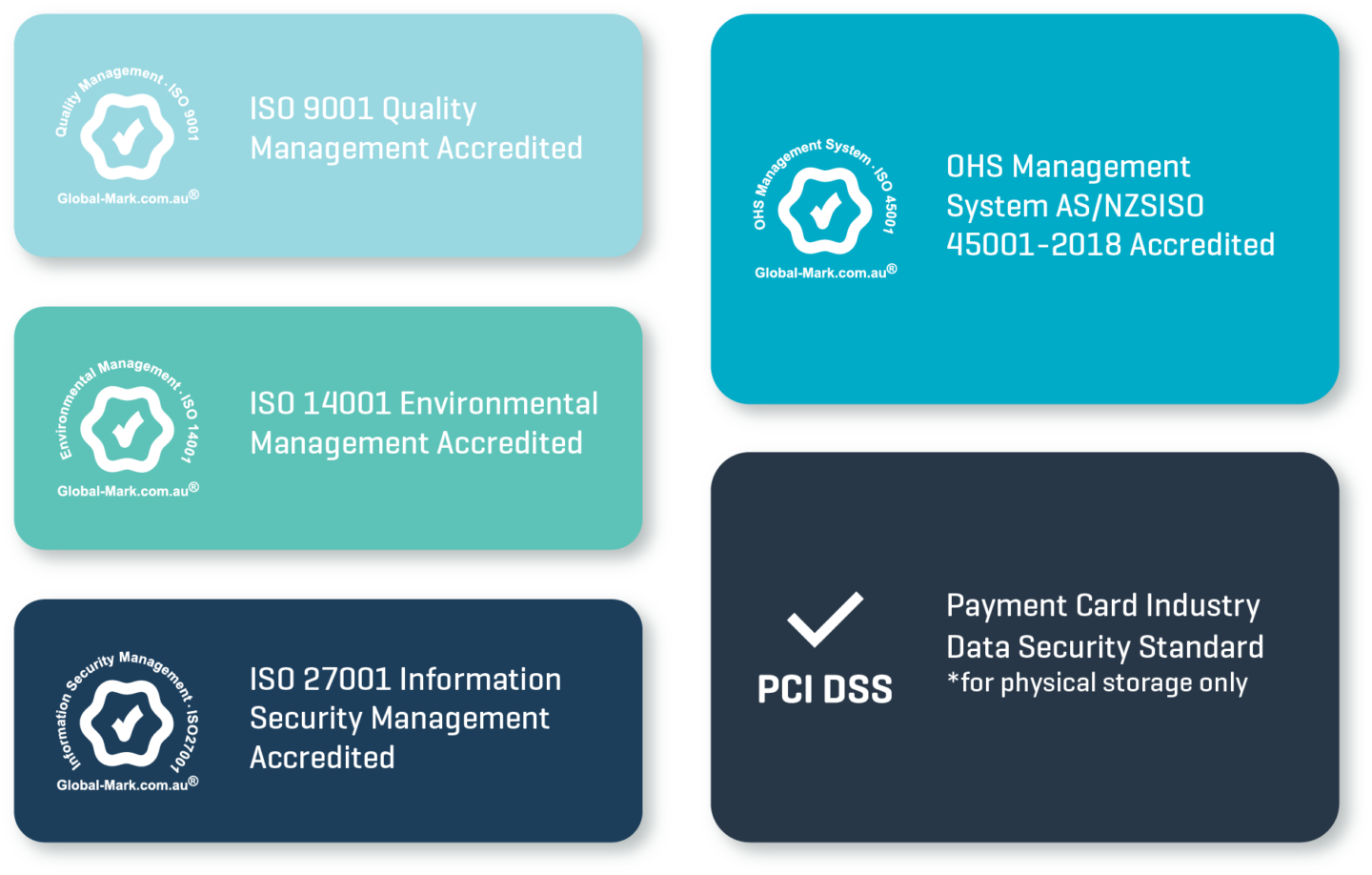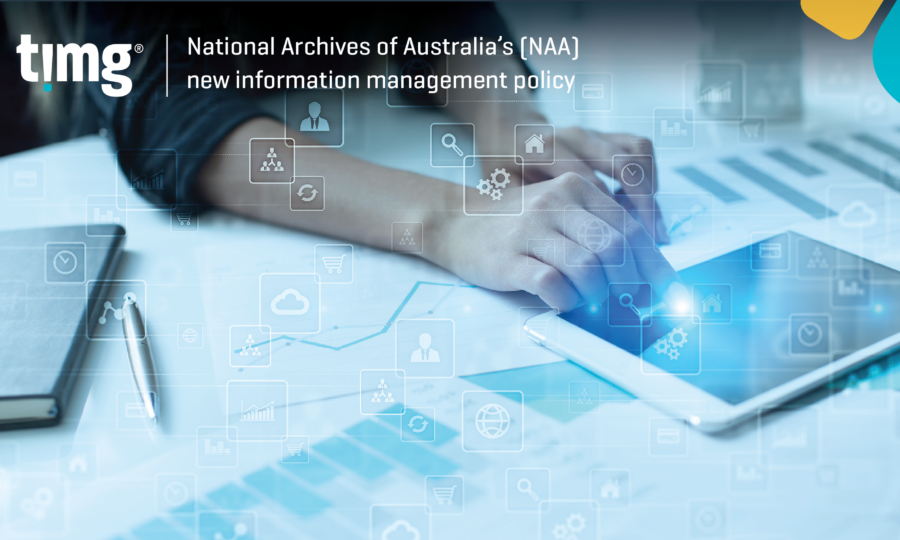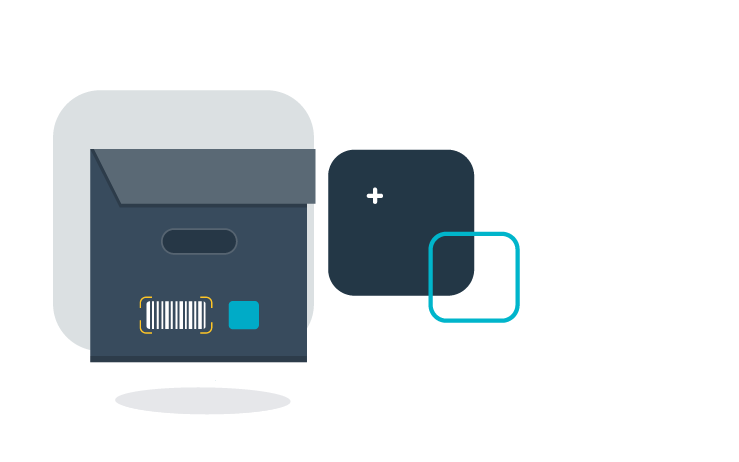Records Sentencing and Cataloguing
Information governance is essential for any organisation that deals with sensitive, legal, or operational data. Records sentencing and cataloguing are key aspects of effective information governance. Together these processes not only ensure compliance but also help mitigate risks and maintain efficient data management.

TIMG SENTENCING AND CATALOGUING
Records Sentencing and Cataloguing for efficient records management
Outsourcing your sentencing and cataloguing to a specialised service provider like TIMG can offer peace of mind, ensuring that your business complies with relevant laws and regulations. With our expertise in sentencing, cataloguing, and data security, we can streamline your information governance practices. Reduce the burden on internal teams and avoid costly mistakes.
| Records Sentencing and Cataloguing are key to effective records management. Know what information you have, where it is stored and how long you need to keep it.

PROFESSIONAL RECORDS SENTENCING
Outsourced Sentencing to manage the lifecycle and compliance of records
ORGANISED DOCUMENT INVENTORY
Professional Cataloguing for organised and accessible records
INFORMATION GOVERNANCE
Managing your data, access, compliance and disposal
Organisations of all sizes need a robust information governance strategy to manage their data effectively. This means understanding exactly what data you possess, where it resides within your systems, and the regulations surrounding its use, access, and disposal.
| Engaging with experts early on will help your organisation take control of your data. A proper information governance plan ensures compliance with regulatory and operational requirements.


“Regularly sentencing information assets ensures that your agency legally and accountably destroys information that has reached its minimum retention period and has no ongoing value. It also reduces costs associated with managing information, including storage, migration, security, and access, and improves the ability to find and access information assets when needed.”
TRUSTED SERVICE PROVIDER
The Importance of a Secure Data Environment
At TIMG, we employ stringent policies around quality, security and environment. Our accreditations are externally audited and internally tested regularly as part of that compliance. Outsourcing your records management to a specialised service provider ensures that your business complies with relevant laws and regulations.

SECURITY AND COMPLIANCE
Certification and Compliance for Records Management
TIMG’s operations are certified and are compliant with the highest Australian and International Information Management standards including:
- ISO 45001 Accredited (OHS Management Systems)
- ISO 9001 Accredited (Quality Management)
- ISO 14001 Accredited (Environmental Management)
- ISO 27001 Accredited (Information Security Management)
- AICPA SOC2 Accredited

FAQs
Here are some frequently asked questions about TIMG Records Sentencing and Cataloguing Services.
Records sentencing refers to the process of evaluating records to determine their retention period and eventual disposal. This process ensures that records are kept for the required duration as mandated by legislative, regulatory, and business requirements. Proper sentencing helps organisations manage space, reduce storage costs, and comply with legal obligations
Proper records sentencing prevents unnecessary clutter while safeguarding critical records for their required retention period. Each record should be classified based on its purpose, with a specific retention period determined by legislation. To streamline this process and save time, consider engaging an Information Management company like TIMG, a fully accredited provider, to handle the sentencing of your records.
Records are typically categorised based on content, purpose, and retention requirements. Ensuring correct categorisation helps in maintaining compliance and operational efficiency, aligning with policies like the General Retention and Disposal Authority for administrative records.
Categories include:
Permanent Records: Retained indefinitely due to historical, legal, or operational value.
Temporary Records: Kept for a specific period as required by legal or business needs, then disposed of securely.
Non-Essential Records: Can be destroyed after short-term use, provided they hold no ongoing value.
Cataloguing involves systematically organising records for easy retrieval and management. The goal is to enhance accessibility, support audits, and ensure compliance. Cataloguing supports information governance by maintaining an accurate record inventory, which aids in data management, risk mitigation, and regulatory compliance.
In July 2006, Freightways Limited (FRE), our parent company based in New Zealand, acquired the Australian information management firm, DataBank Technologies Pty Ltd (DataBank). Subsequently, within that year, a rebranding initiative was undertaken, and we were renamed as TIMG (The Information Management Group). It is worth noting that this transition was seamless for DataBank’s clients, with no disruption to service operations, ensuring business continuity for all existing clients. In 2007, we introduced Archive Security as a pre-paid storage service and Archive Security clients automatically became TIMG clients. Similarly, FileSaver clients became TIMG clients with the acquisition of FileSaver back in 2011. For more information on our evolution as a business, watch this short video.
Digitising physical records involves converting paper documents into digital formats. Benefits include improved accessibility, reduced physical storage needs, and enhanced security. It also supports disaster recovery by enabling offsite backup. Digitisation is aligned with modern information governance strategies, promoting secure access, data integrity, and compliance with digital record-keeping standards.
Compliance is a critical component of information governance, which includes overseeing the lifecycle of information to meet regulatory and operational needs. Organisations can ensure compliance by:
Implementing a robust records management policy aligned with legislative requirements.
Using automated records management systems to track retention schedules.
Conducting regular audits and training staff on compliance practices
 Your browser is very old. It's so old that this site will not
work properly as it should.
Your browser is very old. It's so old that this site will not
work properly as it should.












